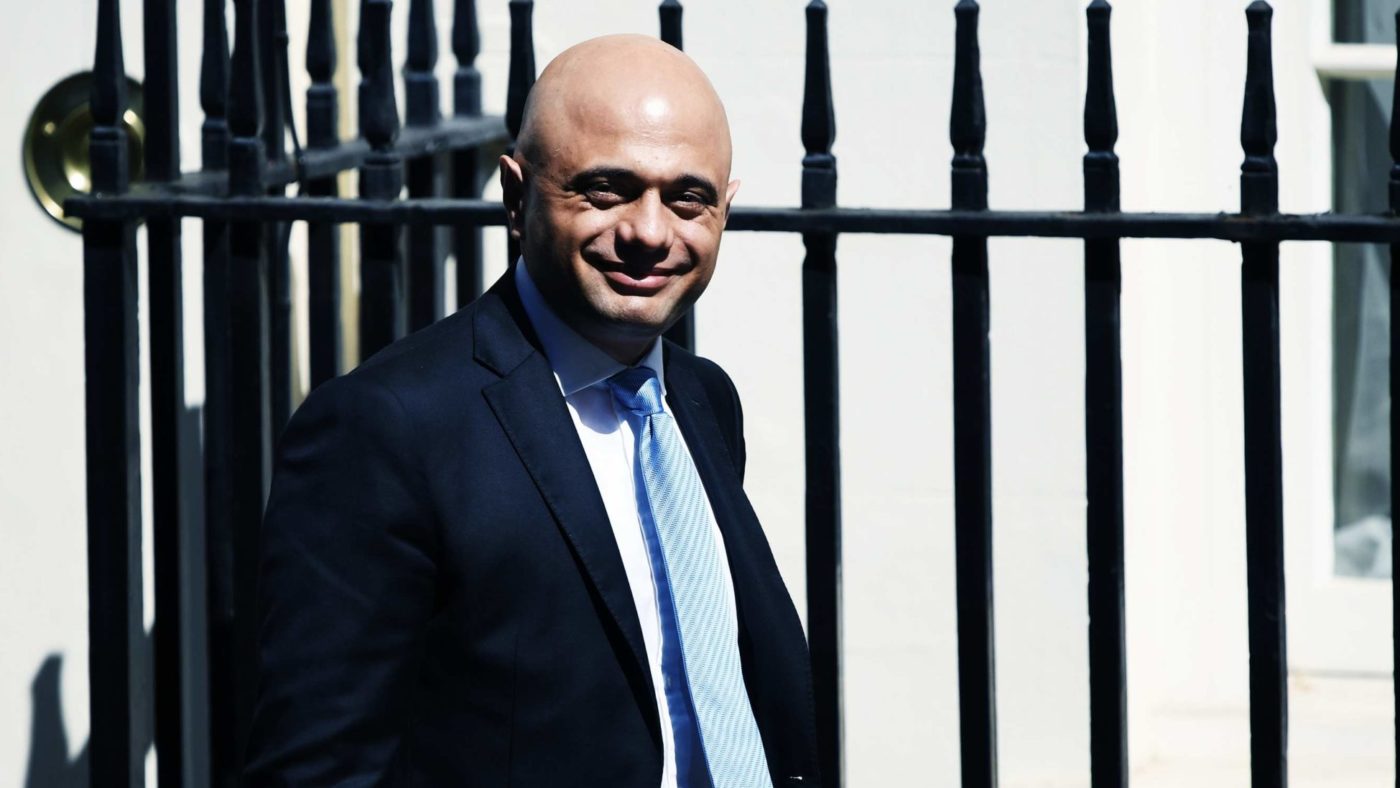The arrival of a new prime minister and Cabinet is a great opportunity to introduce new policies which will boost economic growth and radically improve people’s quality of life. As well as helping steer through Brexit, the new Chancellor, Sajid Javid, must focus relentlessly on fixing one of the UK’s biggest economic issues – weak productivity.
Here are five policies which the government can implement to increase productivity.
1.Housing
The most pressing issue is a housing crisis born out of a restrictive and outdated planning system. Allowing supply to keep up with the demand for new homes would bring huge economic benefits and take the pressure off households struggling to get by.
Not only is the high cost of housing causing financial difficulties for a large proportion of the population, especially young people, it also lowers productivity. People find it difficult to move house to where they might find a better job, and many are forced into lengthy, tiring and expensive commutes. A study by economists at the University of Chicago looked at the impact of planning restrictions and found that they have a negative impact on productivity.
Robert Jenrick should liberalise the planning system. Scrapping the regulations such as those about the size of homes and the number of windows need to go. This will allow more homes to be built, thereby bringing prices down. He should also allow developers to build on parts of the green belt. Research from the Adam Smith Institute found that removing restrictions on land 10 minutes’ walk from a railway station would allow the development of 1 million more homes within the green belt surrounding London.
What is more, stamp duty increases costs for buyers and means that people who would like to downsize are stuck in large houses, whereas young families are trapped in homes which are too small for them. A 2017 study by the LSE found that the rate of home moving would be 27 per cent higher if stamp duty was abolished. Sajid Javid should scrap it.
2. Business taxes
Mr Javid and the new Chief Secretary to the Treasury, Rishi Sunak, also need to take a look at how we tax businesses. Corporation tax discourages firms from investing in their facilities, staff, and equipment. A study looking at businesses in OECD countries found that higher levels of corporation tax adversely impact the level of investment by businesses. This is important as investment leads to increased productivity.
The Conservatives have cut the headline rate of corporation tax and have pledged to continue to do so. However, they have also reduced the value of what are known as the depreciation deductions for investments. As a result, the effective marginal tax rate has actually increased. Again, this discourages investment and so keeps productivity low.
The government should commit to eventually abolishing corporation tax. In the meantime it should cut the rate to 10 per cent and allow businesses to immediately deduct new spending on plants and equipment from their taxable income.
3. Transport
Congestion on the roads and long and unpleasant train journeys lower productivity by increasing transport costs for businesses, preventing people from working in the most productive areas, and making workers less productive due to tiredness.
The first order of business for new Transport Secretary Grant Shapps should be to scrap HS2, and spend the tens of billions of pounds on transport infrastructure that would actually increase productivity. Boris Johnson has pledged to bring economic growth to every area of the country. Using the savings from HS2 to improve the railways in areas such as Yorkshire and the South West will go a long way to achieving this.
The government should also introduce road pricing. Charging drivers to use certain roads during the busiest times, thereby decreasing congestion. What is more, increasing the national speed limit will allow people to get to work much more quickly.
4. Reform income tax
During the Tory leadership campaign, Boris Johnson promised to raise the higher income tax rate from £50,000 to £80,000. There is a great deal of evidence that taxes on the income of high earners can have a negative impact on productivity. This happens because it discourages the most economically productive people from working, while also decreasing investment and weakening management, thereby lowering the productivity of other workers.
Taking money from the lowest paid in income tax and national insurance contributions encourages them to work fewer hours. Fortunately since 2010 the threshold for paying income tax has risen significantly, lessening the burden for many workers, but they still take a hit from national insurance contributions. Higher income taxes also discourages workers from taking training and gaining the kind of skills that might increase their productivity.
To address this, the government should combine income tax and national insurance contributions into a single flat rate of 30 per cent. The threshold should also be linked to inflation, to avoid the lowest earners being dragged in to paying income tax.
5. Automation
The government should also encourage businesses to embrace automation. Automation is a key driver of productivity growth. It is estimated that widespread adoption of automation using AI technologies has the potential to increase productivity in the UK by 25 per cent.
The government should set an example of this by introducing more automation to the public sector. Mr Johnson’s new adviser Dominic Cummings has also called for the use of new technologies in government. Embracing AI would be a good start. Research by the TaxPayers’ Alliance found that 850,000 public sector roles could be automated, bringing savings of up to £17 billion each year by 2030.


